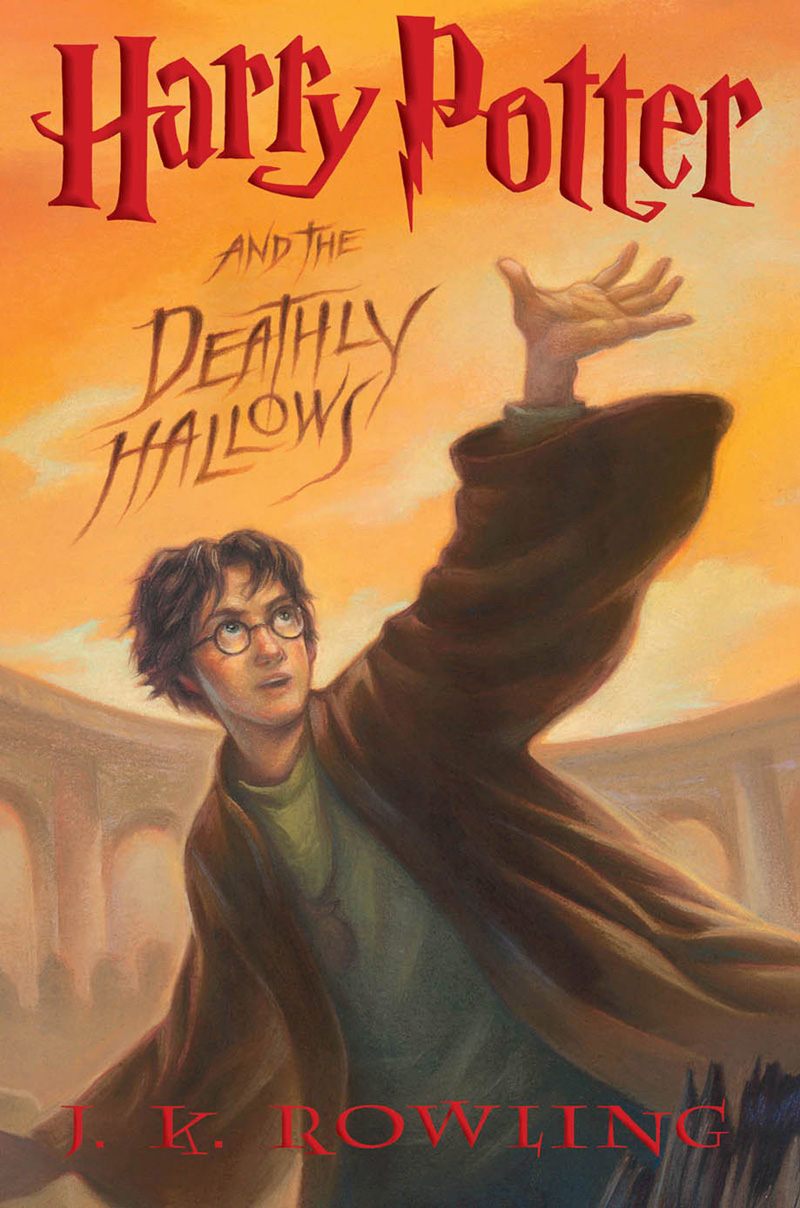Resurrection
It’s interesting that Tolstoy actually sees fit to point out just how fake are the interactions of Sophia Vassilyevna and Kolossov: "Nekhlyudov saw, first, that neither of them cared anything about the play or each other, and that if they talked it was only to satisfy the physical need to exercise the muscles of the throat and tongue after eating," (132). It seems to me that most people don’t want to admit or break the illusion that sometimes conversation is just as Tolstoy describes it above. Every day at work I interact with people whose common greeting is "How are you?" and everyone knows you don't actually give any answer other than, "good" or "great!" or some sort of cliché such as, “living for the weekend.” You never say how you’re actually feeling or if you're having a bad day, because most people don’t want to hear that.
I’ve experimentally answered people a couple of times with things like, “Actually, I’ve been having a terrible week,” just to see what happened. On each occasion, the other person got visibly uncomfortable and was surprised that I gave an earnest answer. One time the other person just changed the subject entirely, and once an acquaintance actually said something like, “Oh, I don’t want to hear about anything bad!” which I found rather rude, because why ask if you don’t really care? I mean, why don’t we just ask some other meaningless question in greeting, such as, “Do you have a third nipple?” or something? It would be the same thing. Why not something totally nonsensical like, “Do bread lights have lice?” and the codified expected answer could be, “Mathematics!” To me it seems as pointless.
It always makes me feel like these exchanges are sort of empty, and like there isn’t any real exchange or communication occurring. It’s kind of the way the whole scene plays out between Sophia Vassilyevna, Kolossov, and Nekhlyudov. Nekhlyudov isn’t in the mood to play along with this ruse of talking for the sake of talking and going along with all of the Princess’s artificial nonsense, so she gets annoyed when he gives her short, dry, honest answers and doesn’t keep up his end of the conversation. She’s receiving all these men in her room because part of her youthful façade is that they are her admirers, and the rumor about her affair with her doctor is probably a false one started by Sophia Vassilyevna herself. Her power struggle with Philip the handsome footman on pages 133-4 is hilarious, and it further underscores her vanity and ridiculousness that she brings in her attractive servant and orders him around in front of her “admirers.” What a totally boring, pathetic life!
I am reminded of this artificiality in the scene where the prisoners attend a service in the ornate, glittering church. The priest is wearing a gold garment that he can’t move in; he leads the prisoners in prayers for the Emperor, which seems sort of blasphemous. The part, though, where Tolstoy describes the preparation of the communion bread and wine/Body and Blood of Christ on p. 181-2 is the best. Such dry sarcasm! He reduces the act of transubstantiation (or whatever they call it in the Russian Orthodox church) to the most ridiculous, comical sounding ritual, and the priest comes off sounding like a hypocrite and a bit of a buffoon: “hampered though he was by the gold cloth sack he had on…sinking to his knees and kissing the table and the objects on it…the most important operation was when the priest picked up a napkin in both hands and rhythmically and smoothly waved it over the saucer and the golden cup.” It reads like a weird ritual carried out by a superstitious child or a mentally challenged or a crazy person. Then Tolstoy tells the reader, “This was supposed to be the moment when the bread and wine turned into flesh and blood, and therefore this part of the service was performed with the utmost solemnity.”
How can anyone believe this silliness would effect a miracle? Indeed, Tolstoy tells us later that the priest himself doesn’t believe the bread and wine actually undergo a transformation—and that nobody can—but that the priest believes, “one ought to believe it,” (185). The part where the priest gives some of the blood and body to the children is a scene I can’t read without howling with laughter: “the priest carefully took a bit…and thrust it far into the mouth of each child in turn, while the subdeacon, wiping the children’s mouths, in a gay voice sang a song about the children eating God’s flesh and drinking His blood,” (p. 182). How utterly grotesque and morbid this sounds! But wait, it gets better: “the priest carried the cup back…and drinking up all the blood left in the cup and eating all the remaining bits of God’s body, and painstakingly licking round his moustaches and wiping his mouth and the cup, briskly marched out from behind the partition, in the most cheerful frame of mind…” There is so much wrong here. I’m not religious, but it is disgusting to imagine the priest licking the blood of Christ off his “moustaches,” as though it’s a tasty morsel. And if it’s supposed to be a solemn occasion, then maybe the priest shouldn’t be quite so cheerful. It’s not surprising, therefore, when Tolstoy breaks into the admonishment on the following pages about how blasphemous these practices are. It’s pretty obvious how disgusting he finds all of it by his description of this transubstantiation ritual.
10 hours ago













No comments:
Post a Comment